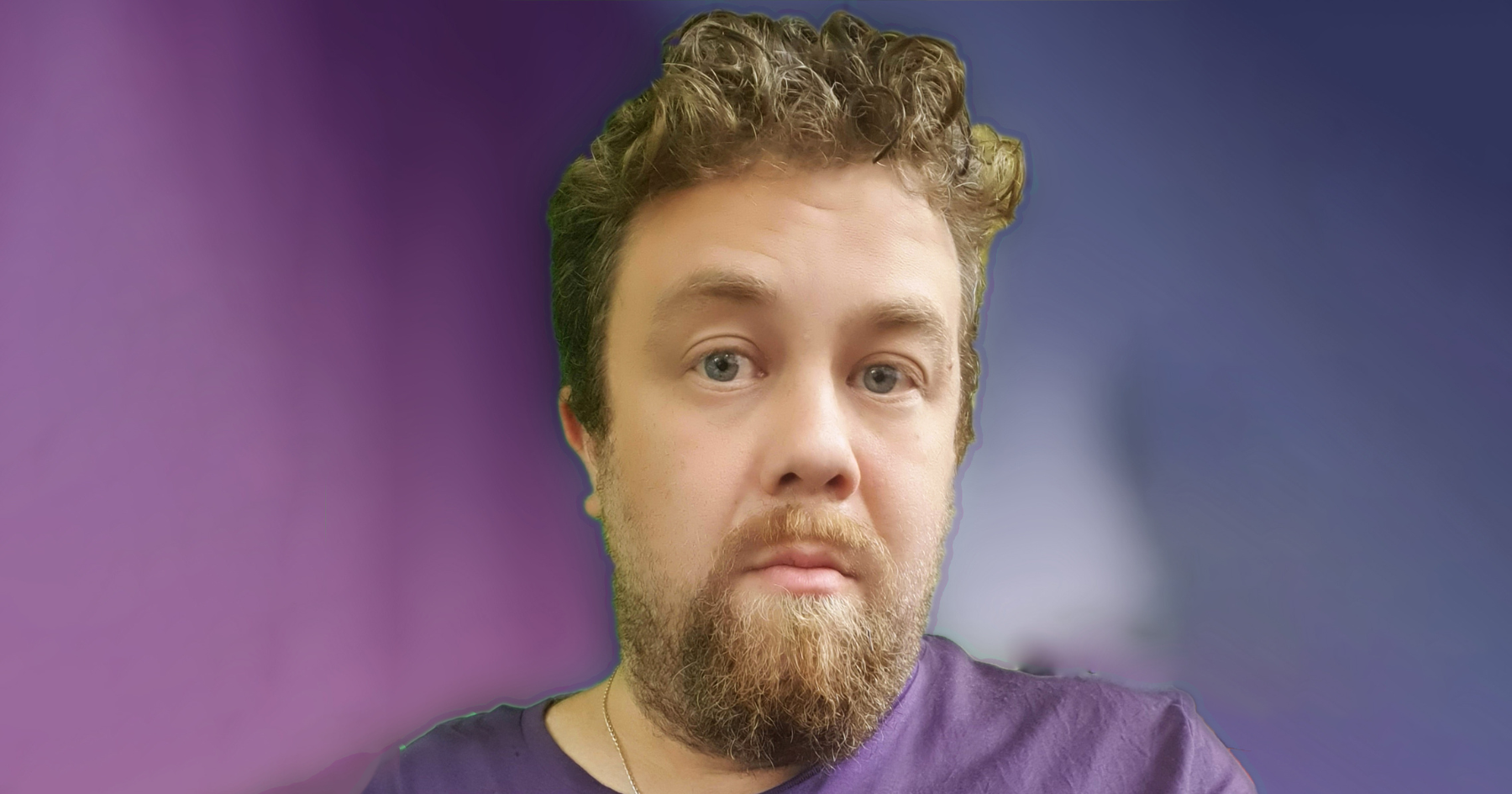
We need to create a new narrative and archetype that challenges the blurry but socially ingrained image of a ‘drug user’.
I came out about drugs. Here’s why.
Nick Wallis
11.8.22
Growing up, I was never a ‘drug person’. In fact, I was well and truly taken by anti-drug propaganda. I remember making fun of my friend when I found out he was taking ‘pills’.
In high school, there was a point where I was interested in cannabis, not taking it per se, but rather the science of it. I also became really interested in psychedelics. I would read Erowid org , a fantastic resource where people write about their acid trips and their experiences.
In my late teens and early 20s I taught myself how to identify the local psilocybin mushrooms and loved finding those. Shortly after I tried acid.
I studied an advanced diploma in arts and commercial radio, and moved off to Bega in New South Wales. I was offered ecstasy for the first time by a friend, and really enjoyed the experience. My friend introduced me to new music festivals, and I shortly after started volunteering in harm reduction services. I had a few ‘loose’ experiences, and decided I wanted to give back to this community.
For the past decade, I’ve been heavily involved with drug law activism. I’ve volunteered with harm reduction services, sat on the board for harm reduction organisations, co-founded the Australian Psychedelics Society, worked closely with Fiona Patten from the Australian Sex Party and am involved in the Eros Association.
It took me a long time to address my drug use with my parents, especially my mum who is an ‘abstainer’. I do worry that my outward advocacy over the past decade has hindered my job opportunities.
I’ve also felt judged for my position on drugs. Once when I was interviewed by The Project, my friend’s mum from high school expressed concern that I was “going down the wrong direction”.
Despite all this, I still decided to ‘come out’ about my drug use. I feel that I am in a privileged position to discuss issues surrounding drug policy, and I feel a responsibility to speak out on behalf of people who aren’t able to do so.
I also want to help change the way we talk about people who use drugs: not just people in a dire situation, struggling with dependence, or loved ones of people who have passed away.
Those people are important too, but there’s more to the story. Everyone uses drugs of different kinds, for different experiences, and has different motivations to do so. There is no one archetypical ‘drug user’.
We need to share ‘average’ stories from ‘average’ people. We need to create a new narrative and archetype that challenges the blurry but socially ingrained image of a ‘drug user’.
Stigma is part of our cognitive process and creates sexist, racist and nationalist beliefs. It’s very simplistic, archetypal, and steeped in stereotypes. We live in a huge world with so many people that it’s impossible to get to know everybody intimately. So we jump to conclusions and create archetypal narratives about people, because it’s easier than trying to understand them. To overcome stigma, we should try to change and challenge existing narratives. Our words do matter, and our perceptions of other people do matter.
Media plays a role in fuelling these narratives. In Australia there has also been a concerted effort from certain organisations – such as the Drug Advisory Council of Australia, Drug Free Australia and Drug Free World – to push certain religious-based, morally-inclined narratives.
These organisations are persuasive in Australia’s politics, are in the ears of politicians, and influence our drug education programs.
There is a problem with religion entering drug law reform discussions. The belief that life is dictated by a higher power raises questions about whether we have free will. Under a religious paradigm, it’s easy to think of drugs as a possessing force that comes into you, takes over you, and you can’t break free from.
Drugs are the ‘scapegoat’ of society. It’s easy to demonise a substance rather than address the root causes of why drugs can, in some cases, exacerbate problems in an individual, or wider society. But there are plenty of things that cause challenges in life: drugs can be one, but also television or video games or one’s career. That’s life.
Harm reduction is important because people will always want to take drugs. That’s not going to change. Everything in life, from food onwards, requires regulatory standards. We expect regulation and protections for all consumer products, so we should expect the same from ‘currently’ illicit products.
If you have lived experiences with drugs and five minutes to spare, share your story with Unharm today.
For more real stories like this, head here.
Image Credit:
Supplied
Sign up
Sign up for news and opportunities to get involved
We are working to make drug use legal and safe in Australia so that everyone has a better chance to lead a healthy and happy life. Join us.